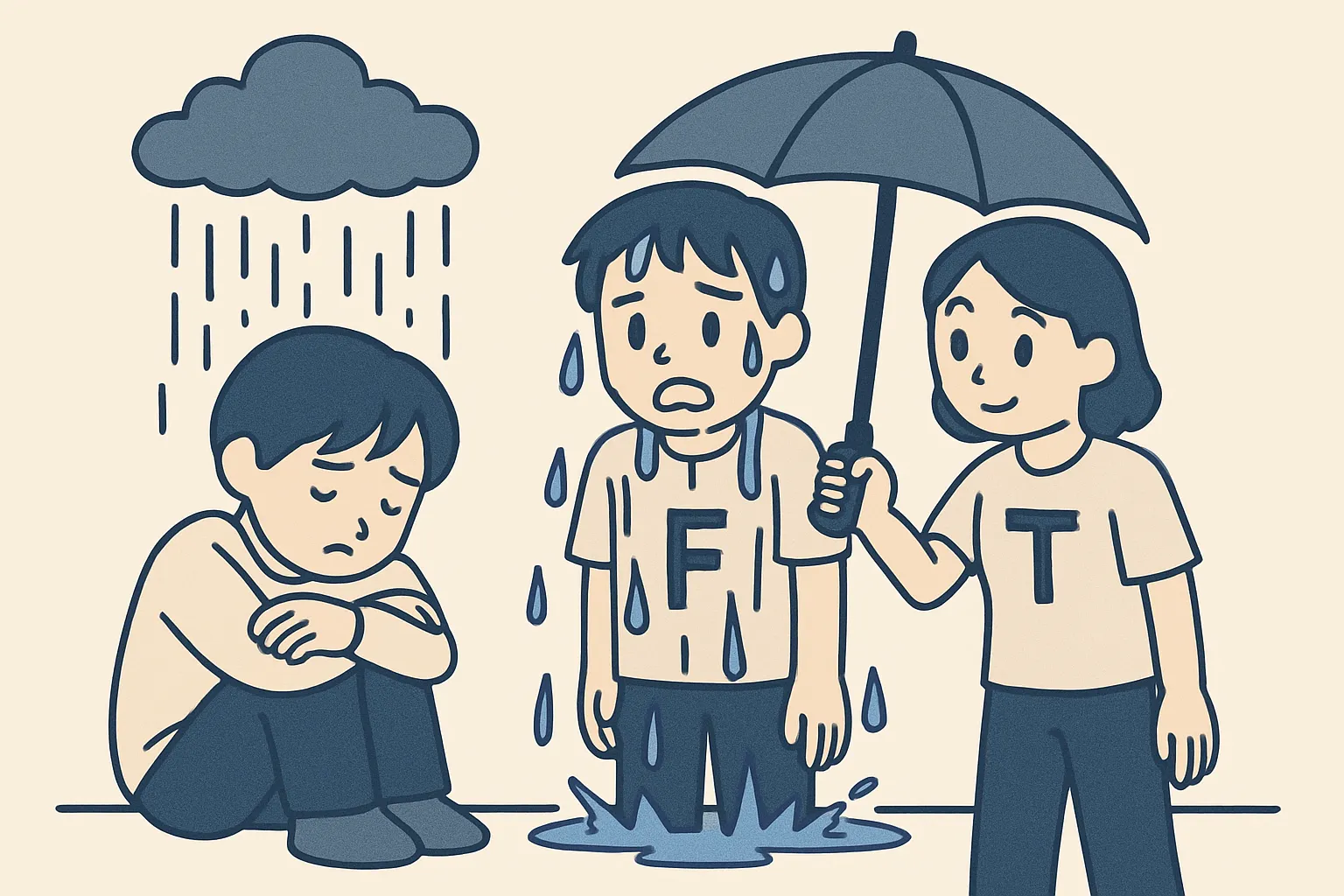Value Consumption: Smart Choices
Introduction
Hello! This is [Maeil Hangeul], here to upgrade your Korean skills to the next level!
Today, we are going to dive into a topic that is essential for anyone interested in Global Citizenship: Ethical Consumption.
Nowadays in Korea, simply buying a product because it’s cheap or pretty is becoming a thing of the past. The current trend, especially among the MZ generation (Millennials and Gen Z), is “Value Consumption” (가치 소비). People are increasingly expressing their beliefs—whether it’s about the environment, animal rights, or fair labor—through their wallets.
If you want to discuss social issues and express your opinions like a sophisticated Korean speaker, this lesson is for you! Let’s learn how to make informed choices in Korean.
Key Expressions
Here are 4 key expressions to help you discuss ethical consumption and smart shopping.
1. 가치 소비를 지향하다
- Pronunciation: [Gachi sobireul jihyanghada]
- English Meaning: To pursue/aim for value consumption
- Detail: ‘가치 소비’ (Value Consumption) is the core keyword of today’s trend. It means spending money based on your values rather than just price. ‘지향하다’ means “to aim for” or “to pursue.” This is a formal and sophisticated phrase often used in discussions or interviews.
- 💡 Pronunciation Tip:
- In ‘같이’ (together), the ‘ㅌ’ becomes ‘치’ due to palatalization. However, in ‘가치’ (value), it is already written as ‘치’, so you just pronounce it as it looks: [ga-chi].
- Be careful not to confuse 지향 (aim for) with 지양 (avoid). They sound similar but mean the opposite!
2. 꼼꼼히 따져보다
- Pronunciation: [Kkomkkomhi ttajyeoboda]
- English Meaning: To examine carefully / To weigh the pros and cons thoroughly
- Detail: When you want to be a smart consumer, you need to check the ingredients, the company’s reputation, or the environmental impact. This phrase perfectly describes that action. ‘꼼꼼히’ means meticulously, and ‘따져보다’ means to calculate or check closely.
- 💡 Pronunciation Tip:
- The double consonants ‘ㄲ’ (kk) and ‘ㄸ’ (tt) require tensing your throat muscles. It’s a sharp, short sound without a breath of air.
- For ‘꼼꼼히’, the ‘ㅎ’ (h) sound is often weakened or dropped in fast speech, sounding like [Kkomkkomi].
3. 윤리적 책임을 다하다
- Pronunciation: [Yullijeok chaegimeul dahada]
- English Meaning: To fulfill ethical responsibilities
- Detail: This is a C1-level expression used when evaluating companies. You can say this when a brand uses fair trade practices or eco-friendly materials. It implies the company is doing its duty to society.
- 💡 Pronunciation Tip:
- ‘윤리’ (Ethics) is pronounced [Yulli]. This is due to the Liquidization rule where ‘ㄴ’ (n) meets ‘ㄹ’ (l) and changes to ‘ㄹ’. (Yun-ri -> Yul-li).
4. 돈쭐내다
- Pronunciation: [Donjjulnaeda]
- English Meaning: To “scold” with money (Buying a lot to support a good business)
- Detail: This is a very popular slang term! It combines ‘돈’ (money) + ‘혼쭐내다’ (to scold/punish severely). However, it has a positive meaning. It means consumers are collectively buying products from a “good” business (e.g., a restaurant that gives free food to poor children) to make them rich. It’s a fun way to talk about ethical consumption!
- 💡 Pronunciation Tip:
- ‘돈’ (Don) is short.
- ‘쭐’ (jjul) uses the tensed double consonant. Pitch implies excitement!
Example Dialogue
Here is a conversation between two friends, Min-ji and Soo-hyun, at a cafe.
Min-ji: 수현아, 너 그 텀블러 새로 샀어? 디자인 진짜 예쁘다!
(Soo-hyun, did you buy a new tumbler? The design is so pretty!)
Soo-hyun: 응, 예쁘지? 근데 디자인보다 더 중요한 게 있어. 이 브랜드는 수익금의 일부를 환경 단체에 기부한대.
(Yeah, isn’t it? But there’s something more important than the design. This brand donates a portion of its profits to environmental organizations.)
Min-ji: 우와, 너 정말 가치 소비를 지향하는구나! 나도 물건 살 때 가격만 볼 게 아니라 꼼꼼히 따져봐야겠어.
(Wow, you really pursue value consumption! I should also examine carefully instead of just looking at the price when buying things.)
Soo-hyun: 맞아. 요즘은 소비자들이 이렇게 윤리적 책임을 다하는 기업을 찾아서 돈쭐내줘야 해.
(Right. These days, consumers need to find companies that fulfill their ethical responsibilities and “scold them with money” (support them).)
Culture Tip & Trend Deep Dive
🛒 The “Mean Out” (미닝아웃) Trend
Have you heard of the term “Mean Out” (미닝아웃)? It is a combination of the English words “Meaning” and “Coming Out.”
In Korea, this refers to the trend where people—especially the younger generation—are not afraid to express their political or social beliefs through their consumption habits. They share their “value consumption” receipts on Instagram with hashtags like #제로웨이스트 (Zero Waste) or #업사이클링 (Upcycling).
Conversely, if a company is involved in a scandal (like unfair labor practices or “Greenwashing”), Korean consumers are very quick to organize a boycott (불매 운동).
To sound like a local, try saying:
“요즘은 미닝아웃이 대세잖아요.” (Meaning Out is the mainstream trend these days.)
Wrap-up & Practice
Today, we learned how to talk about being a Global Citizen through Ethical Consumption. From formal expressions like “fulfilling ethical responsibilities” to fun slang like “Donjjulnaeda,” you are now ready to discuss shopping with a conscience!
📝 Practice Quiz
Fill in the blanks with the correct expression we learned today:
- “I check the ingredients carefully before buying food.”
= 저는 음식을 사기 전에 성분을 ( _______________ ). -
“Let’s support that kind owner by buying everything!”
= 저 착한 사장님 우리가 ( ___________ ) 주자!
[Answer Key]
1. 꼼꼼히 따져봐요 (or 꼼꼼히 따져봅니다)
2. 돈쭐내
Does your country have a trend like “Value Consumption”?
Please leave a comment using today’s expressions! See you in the next post!






